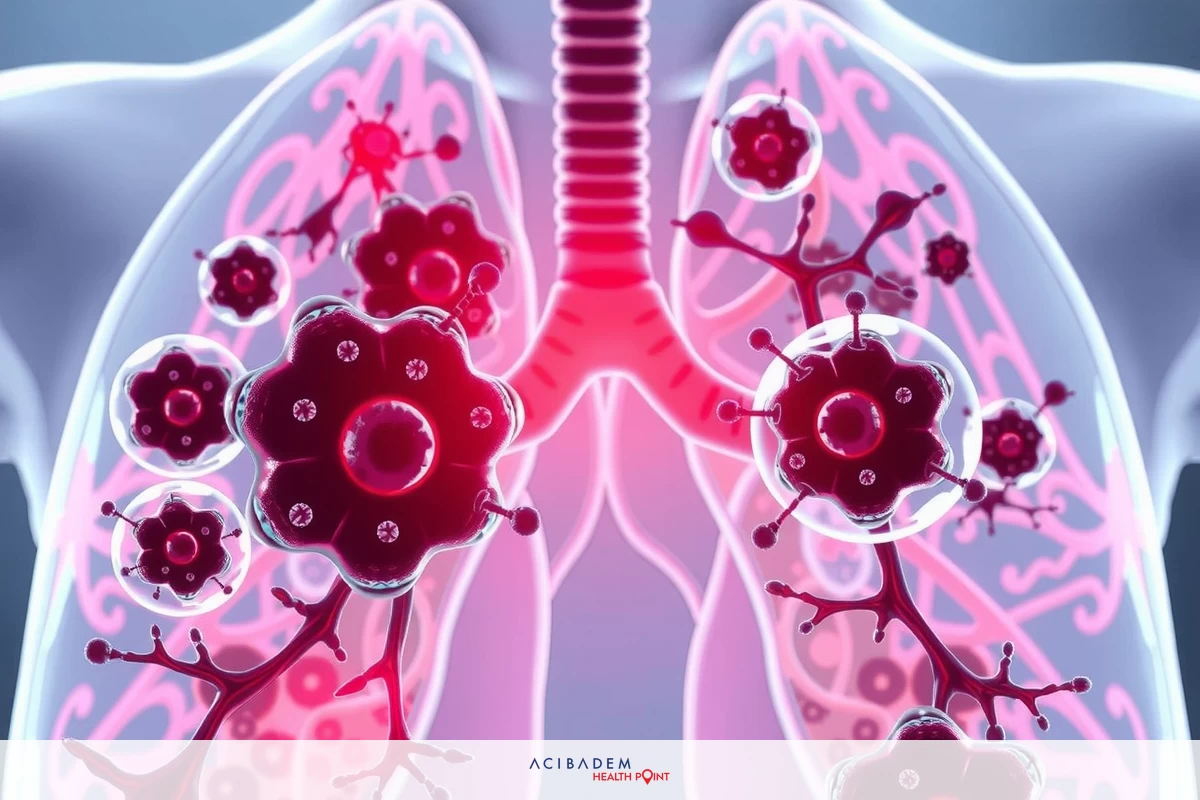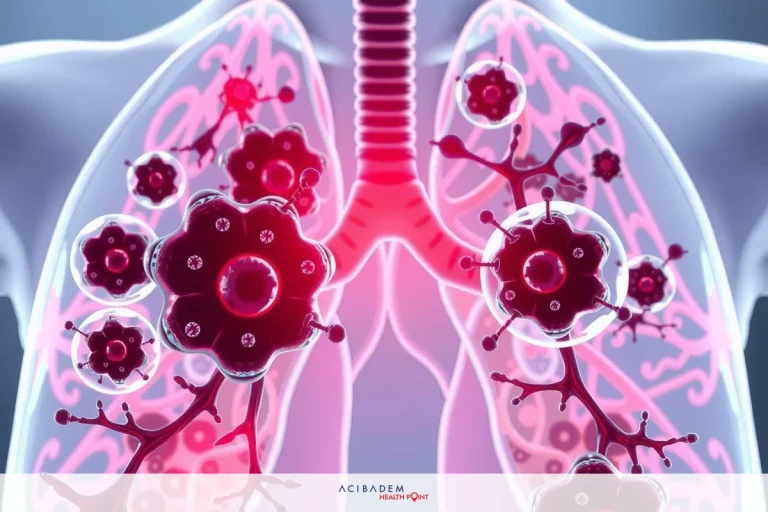What are targeted therapies for lung cancer?
What are targeted therapies for lung cancer? Lung cancer is a major health concern. Many people seek better treatments. Targeted therapies offer hope. They focus on specific parts of the cancer cells.
These treatments work in unique ways. Unlike traditional methods they aim directly at the problem areas within the body. This means fewer side effects and often better results.
Patients have seen great benefits from these new options. Doctors use them more and more each year. Do you wondering how they work or who can benefit? Keep reading to satisfy your curiosity.
How do targeted therapies work?
Targeted therapies focus on specific parts of cancer cells. These treatments aim at the mechanisms that allow cancer to grow and spread. Unlike traditional treatments, which can affect both healthy and unhealthy cells, targeted therapies are more precise. They look for unique markers in lung cancer cells.
One common type is monoclonal antibodies. These are lab-made molecules designed to attach to specific targets found on cancer cells. Once attached they can block the growth signals or mark the cell for destruction by the immune system. This makes them a powerful tool in healthcare.
Another type involves small molecule inhibitors. These drugs enter cancer cells and disrupt vital processes within them. For example some may stop proteins that help tumors grow new blood vessels—a process called angiogenesis—in its tracks. This cuts off nutrients to the tumor.
These methods offer several advantages over traditional treatment options like chemotherapy or radiation therapy. They often come with fewer side effects because they spare most normal tissues from damage during treatment sessions making life easier for patients undergoing lung cancer care while promoting medical advances along their journey towards recovery.
Types of targeted therapies
There are several types of targeted therapies for lung cancer. Each type works in a unique way. Let’s look at some common ones.
Monoclonal antibodies are one type. These lab-made molecules find specific markers on cancer cells. They can block growth signals or flag the cell for immune system attack. This makes them very effective in treatments.
Another type is small molecule inhibitors. These drugs enter cancer cells and disrupt vital processes within them. For instance they may stop proteins that help tumors grow new blood vessels (angiogenesis). By cutting off nutrients they weaken the tumor.
Tyrosine kinase inhibitors (TKIs) are also important. TKIs block enzymes called tyrosine kinases which promote cell growth and division in lung cancer cells slowing down tumor progression while improving patient care outcomes.
Benefits of targeted therapies
Targeted therapies offer many benefits in lung cancer treatment. One major advantage is precision. These treatments focus on specific parts of the cancer cells leaving healthy cells mostly unharmed. This means fewer side effects for patients.
Another benefit is effectiveness. Targeted therapies often work better than traditional methods like chemotherapy or radiation. They can slow down or even stop tumor growth by attacking key mechanisms within the cancer cells. This leads to improved outcomes and longer survival rates for patients.
Convenience is also a plus. Many targeted therapies come in pill form making them easier to take at home compared to other treatments that require hospital visits. This adds a level of comfort and ease during an already tough time.
Lastly these therapies are part of medical advances in healthcare aimed at improving patient lives through innovative approaches designed specifically around their unique needs while receiving care against this serious disease condition affecting many individuals worldwide today.
Side effects to consider
Targeted therapies are a big step forward in cancer treatment. However they come with side effects. It is important to know what to expect.
Common side effects include fatigue and skin issues. Patients often feel very tired during treatment. Skin problems like rashes or dryness can also occur. Another issue is digestive problems. Some patients may experience nausea or diarrhea. These symptoms can make daily life hard but are usually manageable with help from healthcare providers.

More serious side effects exist too. Blood clotting issues and liver damage are rare but possible risks associated with these therapies highlighting the importance of regular monitoring by medical professionals throughout their course of lung cancer care aimed at ensuring patient safety while maximizing therapeutic benefits offered through advanced treatments available today.
Who can benefit from targeted therapies?
Targeted therapies are not for everyone. They work best for specific patients. Doctors look at certain factors before recommending these treatments.What are targeted therapies for lung cancer?
Patients with specific genetic markers in their cancer cells often benefit the most. These markers help doctors decide if a targeted therapy will be effective. Not all lung cancer patients have these markers so testing is crucial.
People who have tried other treatments may find new hope with targeted therapies. If traditional methods like chemotherapy or radiation haven’t worked well switching to a more focused approach might offer better results.
Older patients and those with weaker health also stand to gain. Targeted therapies usually come with fewer side effects compared to traditional treatments making them; easier on the body while still providing strong medical benefits through advanced healthcare options designed specifically around individual needs during their course of lung cancer care today.
Frequently Asked Questions
What are targeted therapies?
Targeted therapies are treatments that focus on specific parts of cancer cells.
Are there side effects to targeted therapies?
Yes, they can cause fatigue, skin issues, and digestive problems.
Who should consider targeted therapies for lung cancer?
Patients with certain genetic markers or those who haven't responded well to other treatments.









